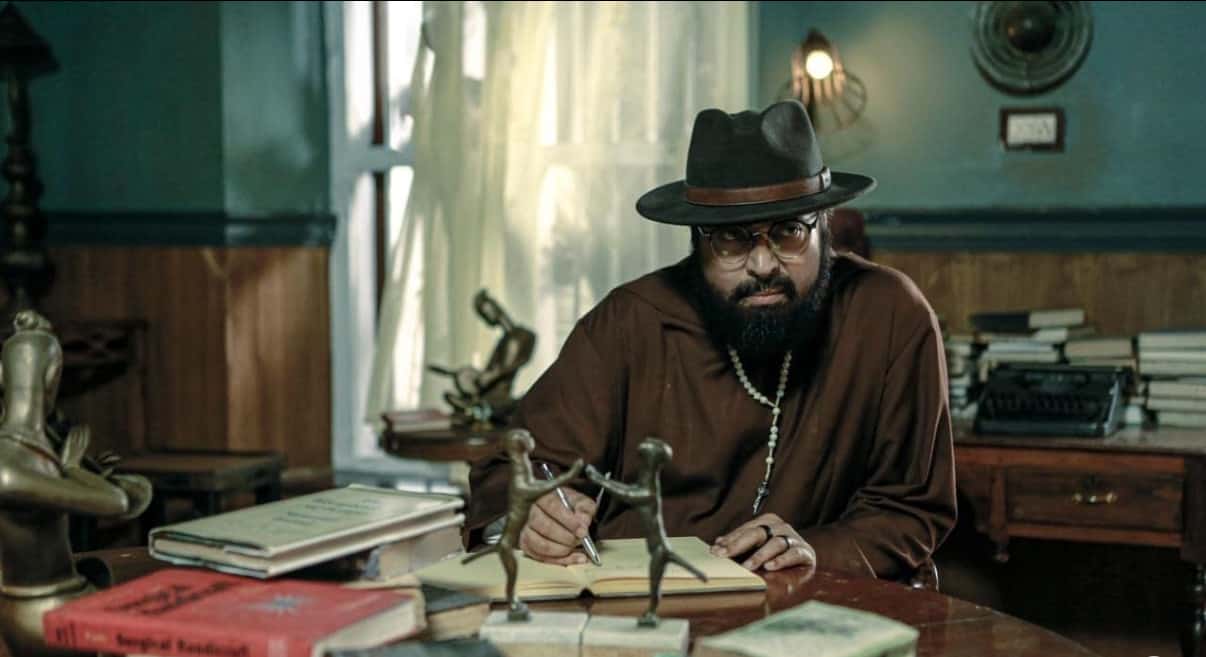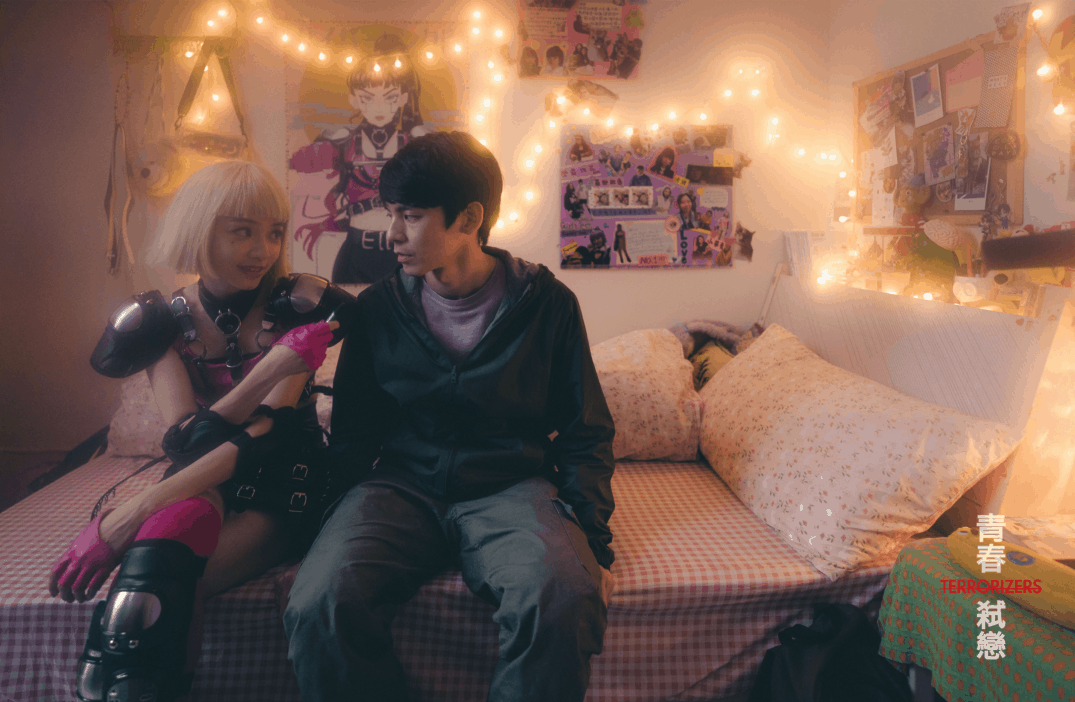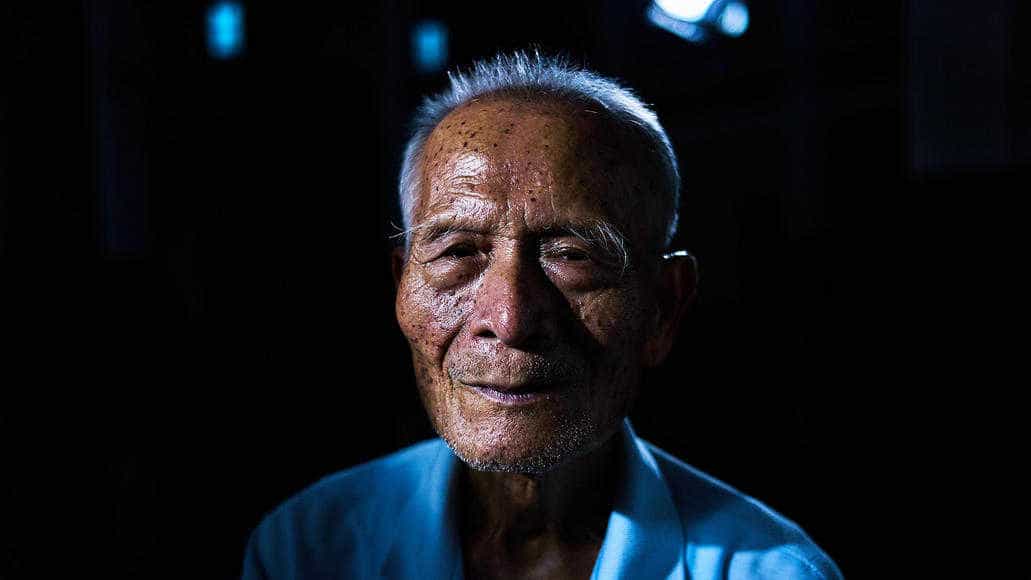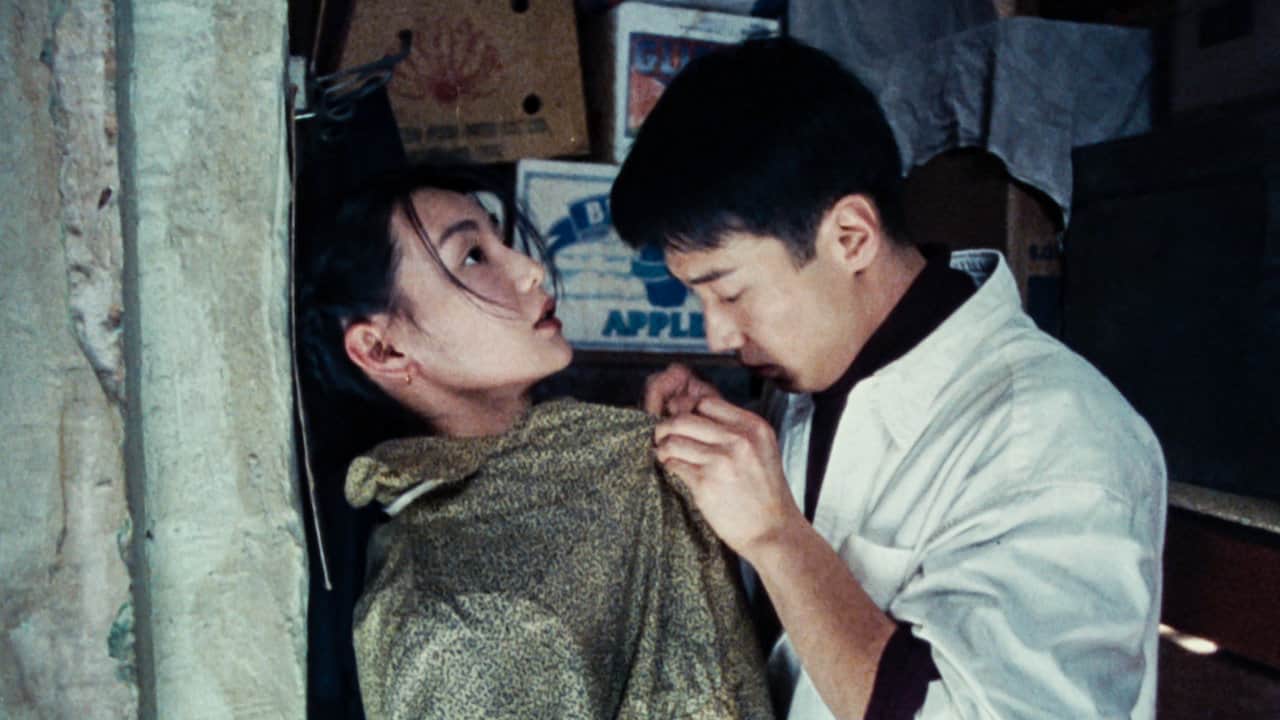Bunji Sotoyama's interest on the elderly was established from his debut, “A Sparkle of Life” and is once more channeled in his latest work, “Tea Friends” which is based on a real life story and follows the recipe of “Shoplifters” to a large degree.
Tea Friends is screening at Camera Japan

Mana leads a group of young people who have established a groundbreaking call girl service for elderly people called “Tea Friends”. They run three-line advertisements in newspapers that innocently seek “friends for tea,” and elderly “tea girls” are sent to the men who respond. As a number of elderly men seek both companionship and sexual relief, the business is blooming, and the relationships between the young and the older members of the group are essentially ideal. One day at a supermarket, Mana crosses paths with elderly shoplifter Matsuko, and offers her a job. Matsuko has grown disillusioned with her lonely twilight years, but rediscovers joy in being needed by others, and gradually becomes one of the most popular tea girls. However, the past of a number of the members, including Mana, eventually catches up with them, while an incident attracts the attention of the police, threatening the livelihoods of everyone involved.
Regarding the Koreeda factor, the fact that the movie presents a group of people who are definitely doing some good, despite the fact that they are breaking the law, until the law catches up with them, definitely moves into “Shoplifters” paths. Apart from this, however, “Tea Friends” is a whole other animal, and a quite rare film for that matter, as its story actually revolves around the sexual needs and endeavors of the elderly.
Check also this interview
Evidently, the subject is quite difficult in its presentation but Bunji Sotoyama has done a great job in handling it all with both sensitivity and realism, in one of the best traits of the movie. In that fashion, that the elderly sex workers experience similar issues with their young counterparts (weird customers, others who want them younger, performance issues, the reasons that got them there etc) emerges as a rather interesting part of the story, which could actually carry the movie by itself. Sotoyama, however, goes several steps forward, by also highlighting the youths that are involved in the whole endeavor, with particularly Mana, and the reasons she got in the whole business forming another central arc of the film. Lastly, the interactions and overall connections of the two groups (the elderly and the youths) are also showcased, concluding the portrait of the whole endeavor and the individual characters in the best fashion.
Among those, however, the one between Matsuko and Mana is definitely the one standing out, with the fact that they are both searching for someone to lean on, eventually finding each other, and that their relationship (prostitute and pimp) is one that would be very difficult to end well, emerges as the highlight of the story. This prowess also owes a lot to the acting of the two particular women. Rei Okamoto as Mana depicts both her overall coolness when dealing with the Tea Friends and her sadness, bitterness and despair when dealing with her family, equally convincingly. Maki Isonishi as Matsuko is also excellent in her own transformations, as she starts as a woman with no purpose in life, then finds a purpose through Tea Friends, before her mentality changes once more towards the end, in probably the most impactful scene of the movie.
The transitions in the film, both the aforementioned and the last that concludes it, are handled excellently by Sotoyama, equally in presentation and placement within the narrative, with the editing also emerging as one of the best aspects of the movie in that regard. Furthermore, it results in a fitting mid tempo that works well, although, once more, some lagging does appear throughout the movie, particularly in the middle part, which is what extends the duration of the movie to 135 minutes. Lastly, the overall way the script works looks a bit unnatural on occasion, essentially showing that Sotoyama may have over-handled the whole thing, although this is an issue barely recognized.
“Tea Friends”, despite some small issues here and there, emerges as an excellent title, that highlights a very real but also quite extreme incident with realism and artistry, all the while making a comment about how the government and society marginalize people, both socially and practically.















